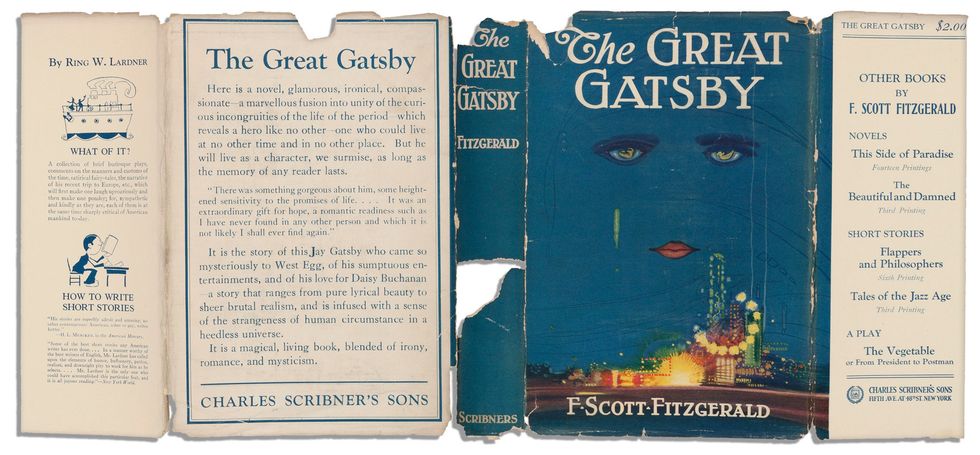We have a Library of Alexandria in our pockets. Any device that has access to the internet also has access to the public domain. The Public Domain houses the largest and most accessible commonwealth of history and literature in the world. Not every piece of writing can be found in the Domain — only those who meet certain legal copyright requirements.
"The public domain consists of all the creative works to which no exclusive intellectual property rights apply. Those rights may have expired, been forfeited, expressly waived, or may be inapplicable."
Generally, any book written 70 or more years ago after the death of the author that is not explicitly owned by a company is up for grabs. With a wifi connection, you can read hundreds of thousands of books, for free. Programs such as Project Gutenberg and Planet EBook are doing saints work by compiling a treasure troves of knowledge and information. Gutenberg alone has 60,000 ebooks for download.
Some notable books in the Public Domain include:
Shakespeare, Frankenstein, Pride and Prejudice, Uncle Toms Cabin, Anne of Green Gables, The Diary of Anne Frank, Treasure Island, Peter Pan, Little Women, Eisenstein's Theory of Relativity, The Curious Case of Benjamin Button, all of Hans Christian Andersen fairy tales (This is how Disney happened), the Brother Grimm fairy tales, Wizard of Oz, Sleepy Hollow, Twelve Years a Slave, The War of The Worlds, Sherlock Holmes, The Odyssey, Alice in Wonderland, Dracula--and in 2021: The Great Gatsby.

Even you can publish into the Public Domain. I mean, thanks to social technology — you do inadvertently every day. You can self publish through sites like the Creative Commons, or blog on sites like Tumblr, or add videos to YouTube, or do it the old fashioned way and submit through a publishing company. Tweets are like awkward stream of consciousness poems that will last forever, compiled like a book, in the capsule that is the internet. To think the human race went from drying sheets of fragile papyrus, sewing them together, and handwriting each page, to the printing press and mass marketed books, to the exponential and attainable libraries of the internet in only 1,500 years. It's absolutely astounding.

















